Dog Breeds Banned in the U.S.Here’s Why – The topic of breed-specific legislation (BSL) is one of the most polarizing issues in the world of dog ownership. Across the United States, certain breeds have been banned or restricted in specific cities, counties, and housing communities due to concerns about public safety and historical incidents involving these dogs.
While the intent behind such laws is often rooted in a desire to protect people from dangerous situations, they also spark heated debates about fairness, stereotypes, and whether it’s justifiable to judge an entire breed based on the actions of a few individuals.
It’s important to recognize that many of these bans stem from a combination of history, media portrayal, and legal rulings rather than the inherent nature of the dogs themselves.
To better understand this complex issue, let’s explore seven dog breeds commonly affected by breed bans in the U.S., examining their traits, origins, reasons for restrictions, and the truth behind the misconceptions.
Table of Contents
1. Pit Bull Terrier
Perhaps no breed is more controversial than the Pit Bull Terrier, though its very definition is often debated since “Pit Bull” refers to a type of dog rather than a single breed. Originally bred in England for bull-baiting and later as farm dogs and companions, Pit Bulls are known for their strength, loyalty, and high energy levels.
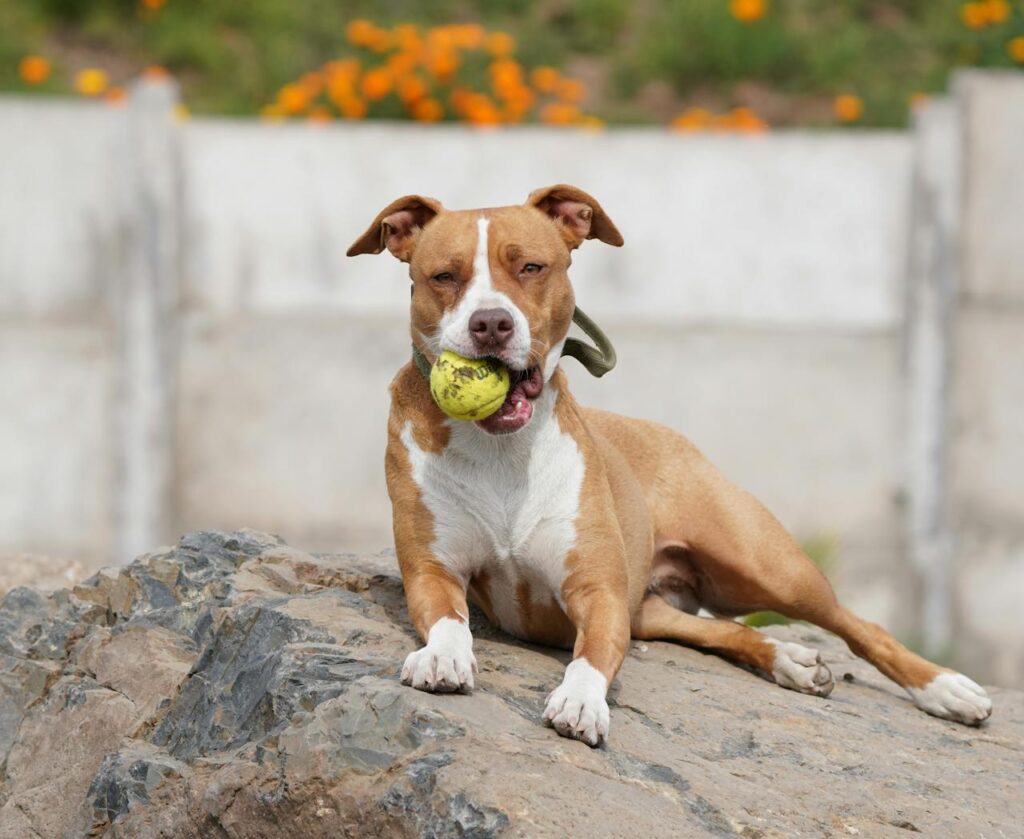
However, negative portrayals in the media and isolated incidents involving poorly trained or abused dogs have led to widespread bans in over 900 U.S. cities. Many argue that these bans are based on myths perpetuated by fear rather than fact.
When raised in loving homes with proper training and socialization, Pit Bulls are affectionate, playful, and great with families. Their reputation as aggressive stems largely from irresponsible ownership and lack of regulation.
2. Rottweiler
Rottweilers are powerful, intelligent, and fiercely loyal dogs originally bred in Germany as cattle drovers and guardians. Their imposing size and protective instincts have earned them a place among banned breeds in some areas.
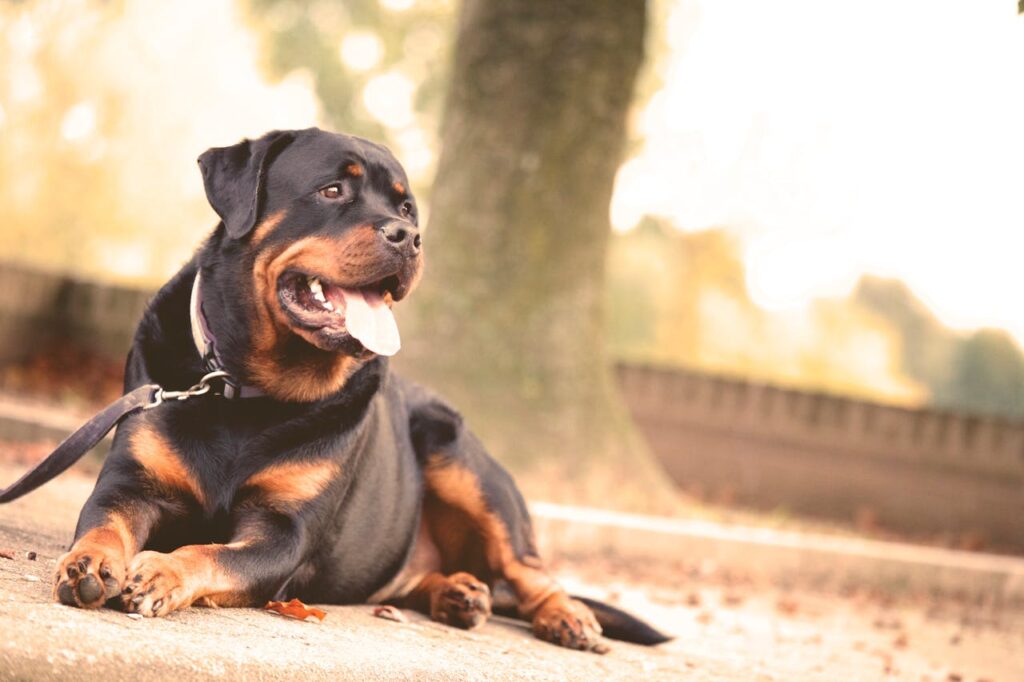
Critics point to past incidents where untrained or mistreated Rottweilers displayed aggression, but proponents stress that these dogs are calm and gentle when properly cared for. They form deep bonds with their families and excel as working dogs, therapy animals, and devoted companions.
Also Read: 7 Outgoing Dog Breeds Full of Confidence and Charm
The key lies in early socialization and consistent leadership; without it, their natural guarding tendencies can become problematic.
3. American Staffordshire Terrier
The American Staffordshire Terrier (AmStaff) shares ancestry with the Pit Bull and faces similar challenges regarding breed bans. Known for their muscular build, courage, and determination, AmStaffs were historically used as farm dogs and family protectors.
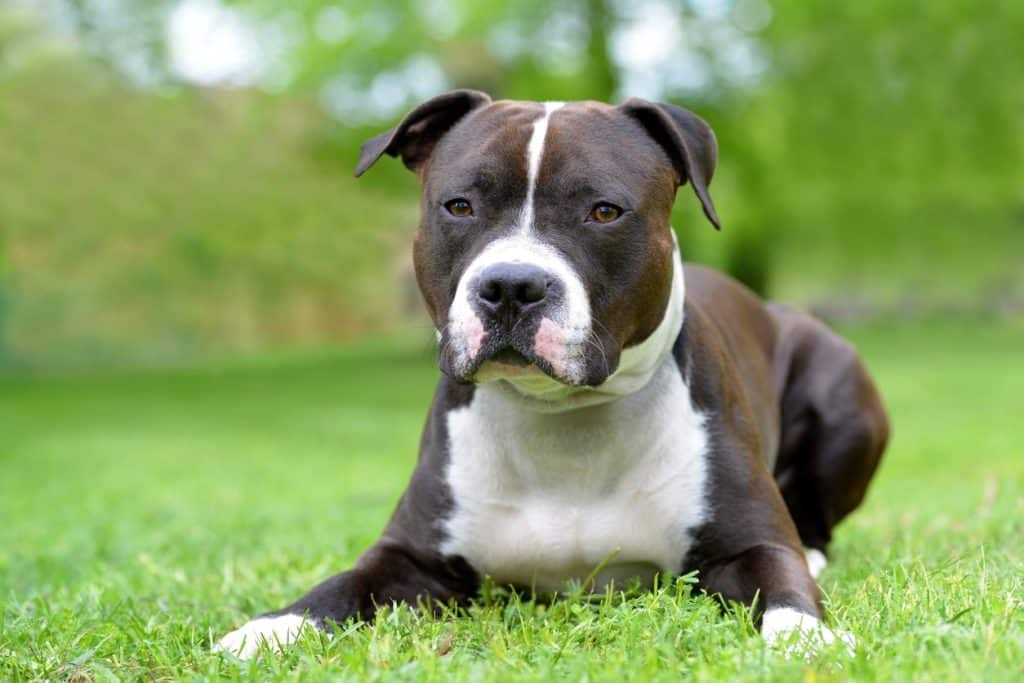
Despite their strong work ethic, they’ve been unfairly labeled as aggressive due to misuse by irresponsible owners. In reality, AmStaffs are incredibly affectionate, eager to please, and thrive on human interaction.
With proper training and care, they make loyal and loving pets who are excellent with children. The stigma surrounding them highlights the importance of focusing on individual behavior rather than breed alone.
4. Doberman Pinscher
Doberman Pinschers are sleek, athletic, and highly intelligent dogs originally bred in Germany as personal protection companions. Their sharp appearance and alert demeanor have contributed to fears about their potential for aggression.
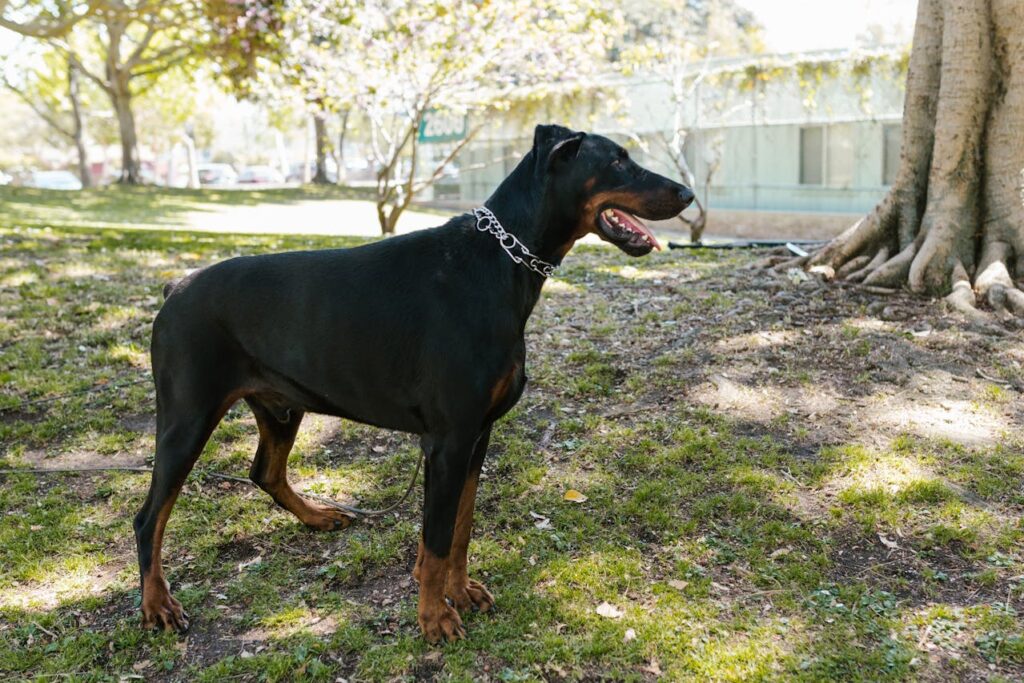
Some municipalities have imposed restrictions on Dobermans, citing rare cases of bites or attacks. However, those familiar with the breed know that Dobermans are deeply loyal, sensitive, and thrive on forming close relationships with their humans.
They require firm but positive training methods and plenty of mental stimulation to channel their energy productively. When well-cared-for, Dobermans are calm, obedient, and exceptional protectors.
5. German Shepherd
German Shepherds are celebrated for their versatility, intelligence, and unwavering dedication—qualities that have made them staples in police, military, and service roles. Yet, their protective instincts and strong prey drive have also led to breed-specific restrictions in certain areas.
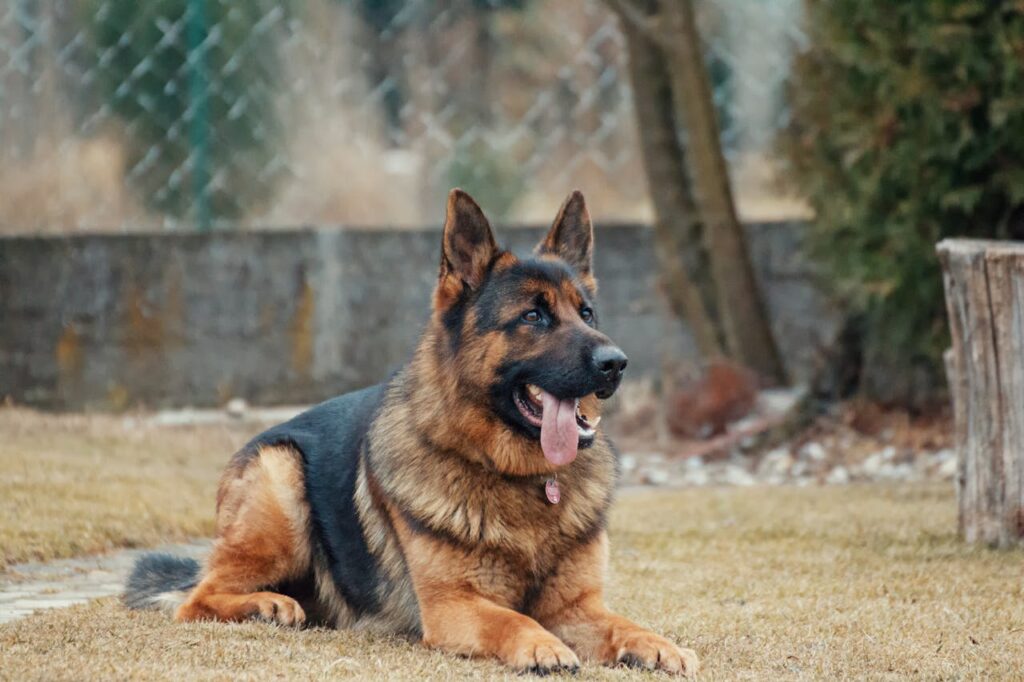
Misunderstandings about their temperament arise when poorly trained or unsocialized German Shepherds display territorial behavior. In truth, these dogs are incredibly gentle and devoted when raised in stable environments.
Also Read: 5 Occasional Guard Dog Breeds for Peaceful Home Security
They’re highly trainable, eager to learn, and form strong bonds with their families. Proper guidance ensures they remain confident and balanced companions.
6. Chow Chow
Chow Chows are ancient, regal dogs originating in China, prized for their lion-like manes and dignified presence. While their aloofness and independent streak set them apart from other breeds, these traits have sometimes been misinterpreted as signs of aggression.
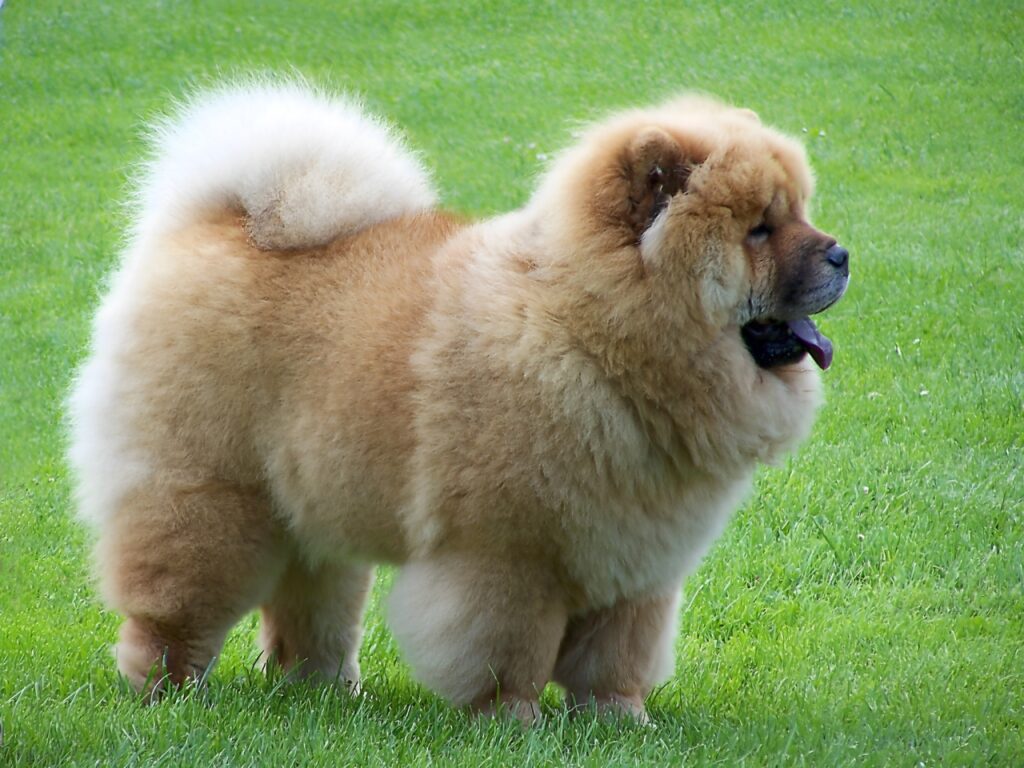
As a result, Chow Chows have faced bans in select regions. In reality, they are reserved yet affectionate with their families and tend to be wary of strangers—a trait that reflects their original role as guardians.
Early socialization and patient training help mitigate any perceived standoffishness. With the right care, Chow Chows are calm, loyal, and surprisingly cuddly companions.
7. Presa Canario
The Presa Canario, or Perro de Presa Canario, hails from the Canary Islands and was originally bred as a livestock guardian and farmhand. This large, powerful breed has gained notoriety due to its involvement in several high-profile attacks, leading to bans in parts of the U.S.
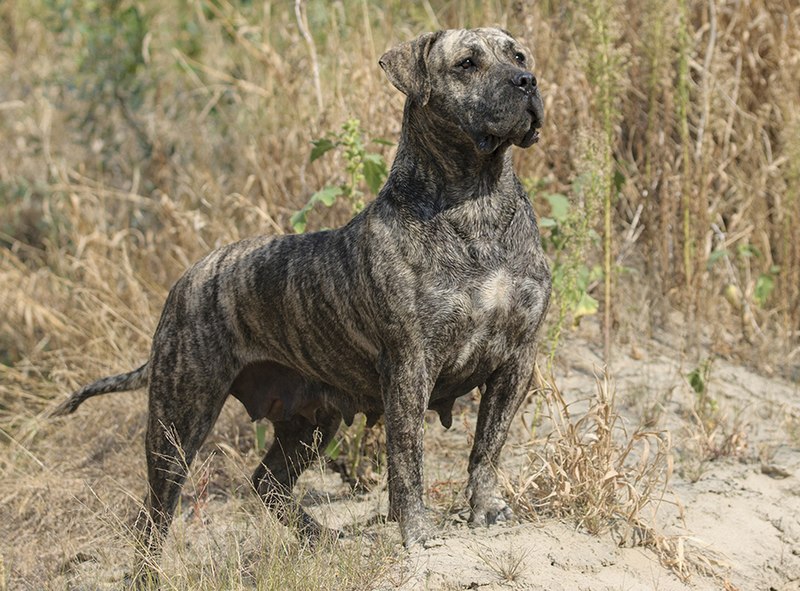
However, much of the fear surrounding Presas stems from misinformation and improper handling. When responsibly owned and thoroughly trained, they are confident, protective, and deeply attached to their families.
Also Read: 7 Joyful Dog Breeds That Love to Play
Their commanding presence and strong will demand experienced handlers who can provide consistent boundaries and ample exercise. With the right foundation, Presas can be calm, trustworthy companions.
A Call for Responsible Ownership
If you’re considering adopting a dog, take the time to research local regulations and choose a breed that fits your lifestyle. Advocate for fair treatment of all dogs, regardless of breed, and remember that every pup deserves a chance to shine as an individual.
By fostering understanding and compassion, we can create safer, more inclusive environments for both humans and our four-legged friends.




